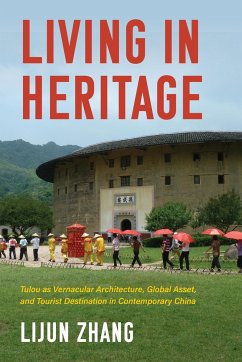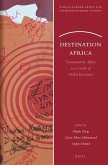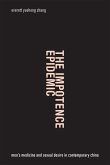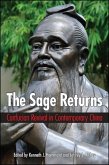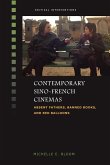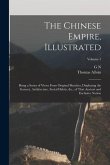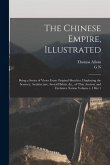Yongding County in southeast China is famous for its large, multistory communal vernacular buildings known as tulou, translated "rammed earth building." These structures were designated a UNESCO World Heritage Site in 2008. Living in Heritage introduces readers outside of China to this classic example of local Chinese architecture in the context of contemporary heritage preservation and tourism. Focusing on the Yongding Hakka Tulou Folk Culture Village, which is part of Hongkeng Village, author Lijun Zhang examines the on-the-ground processes and effects of heritage-making, UNESCO-inspired tourism, and how locals negotiate the dramatic transformation of their daily, social, and economic lives. Within an age of cultural change beginning at the start of the 21st century, Living in Heritage explores how the tulou phenomenon as heritage has and continues to be transformed into cultural, economic, or political capital. Through her careful study, Zhang reveals how the blurring of formerly distinct domains-private and public, local and global-gives rise to a living museum that now relies on insiders and outsiders to preserve their way of life. Living in Heritage offers an in-depth ethnographic account of the people dwelling and working within traditional tulou architecture in the 21st century.

